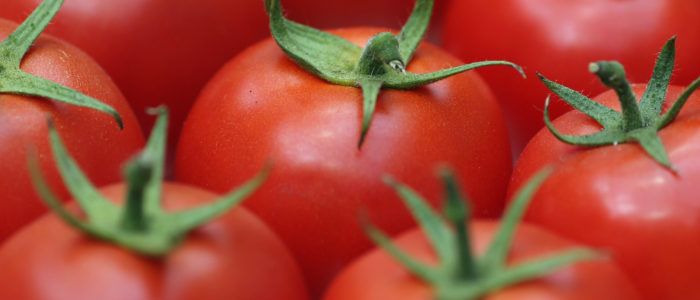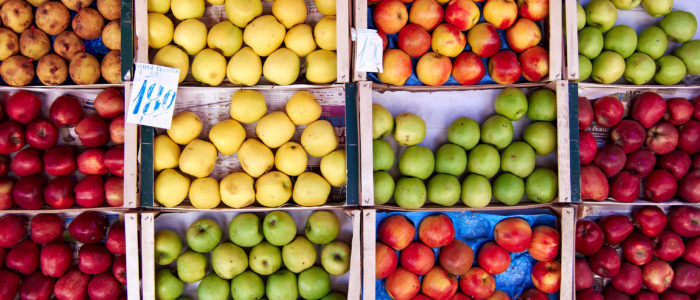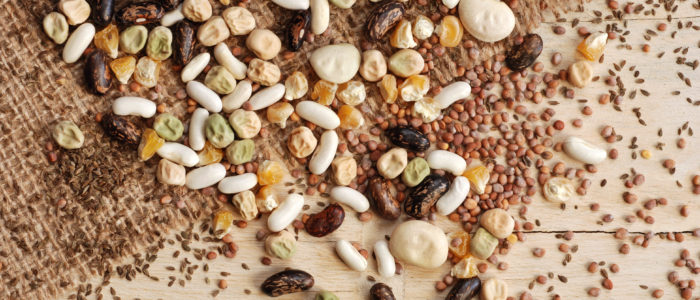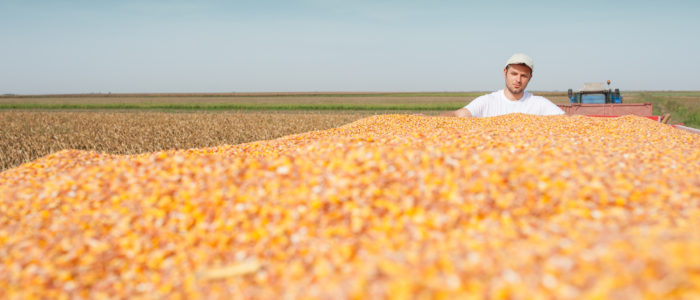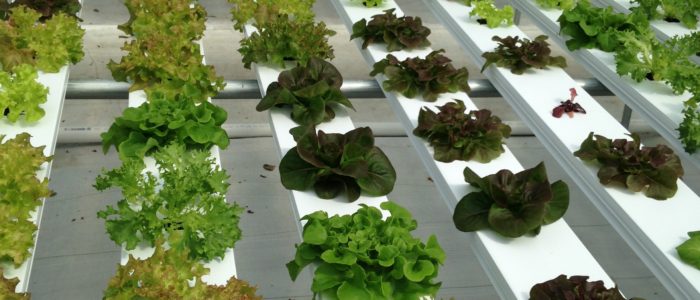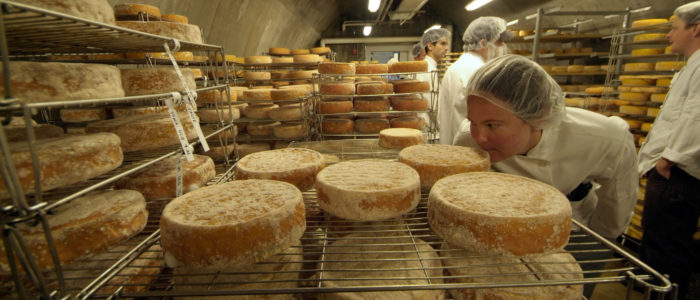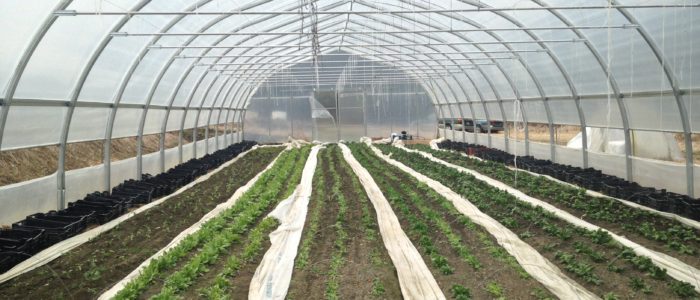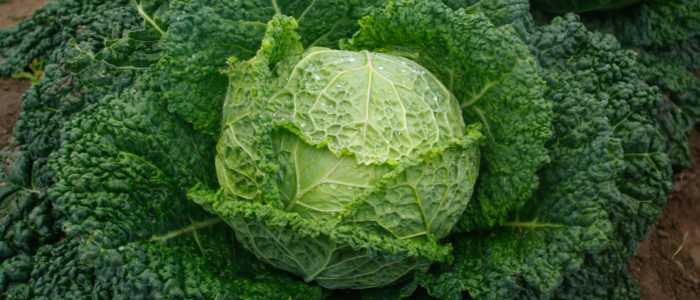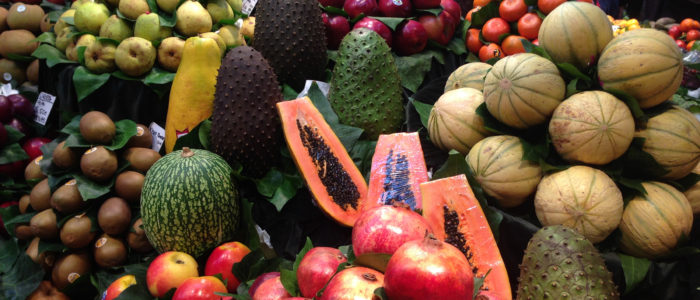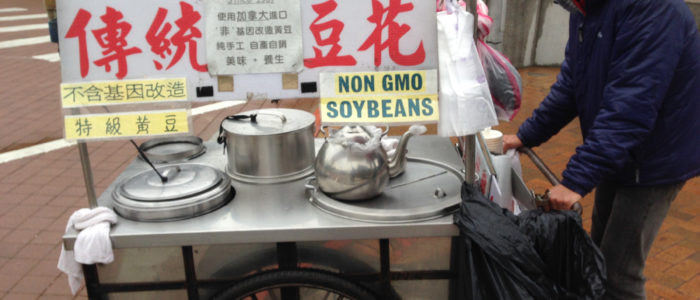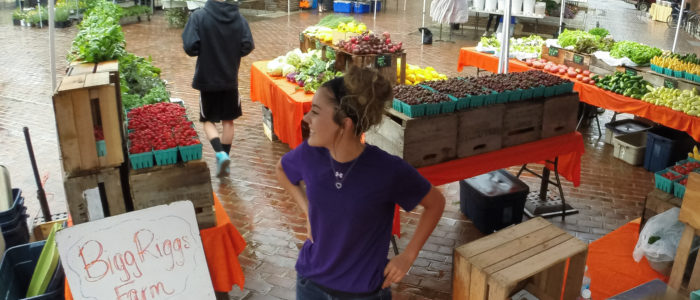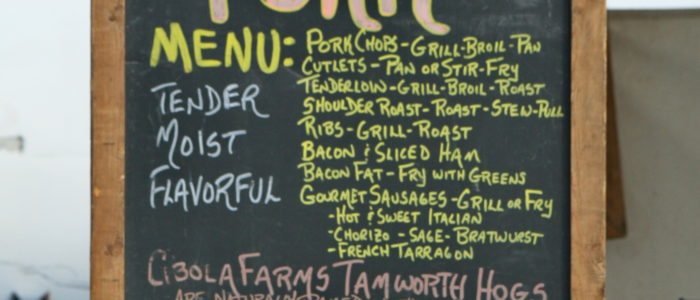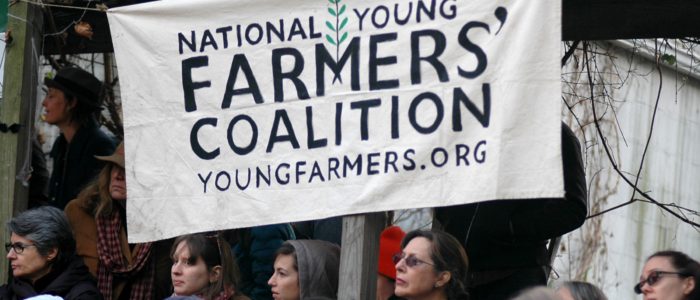—New Department of Biotech and Food Announced

BREAKING NEWS
WASHINGTON, March 12, 2019 — In a stunning, timely move, the USDA and FDA have collaborated to form a jointly managed Department of Biotech and Food (DBF) that opened for business on March 1, 2019.
The alliance reflects sorely needed leadership in the rapidly developing food industry. The Department of Biotech and Food will oversee expansion of all new science-based food initiatives, including GMOs, nanofoods, CRISPR-cas9 gene edited foods, and lab-cultured, or “clean” meat.
As their first order of business, the DBF issued new legislation that bans “all foods that rot.”
The plan will be implemented over a ten-year period. One of the purported benefits of the new policy is the elimination of “Use by” and “Best by” dates.
“Americans waste tons of food per year,” says Burpee Ruhjblott, who will head up the agency. Ruhjblott is winner of the Food & Ag Industry’s most prestigious prize — the “Real Food Award” — for his work on Coconut Mango Foam using pioneering molecular gastronomy techniques. “Waste will be reduced to near zero,” he recently said in a Wall Street Journal article. “So-called Big Ag has received a bad rap over the decade, and we aim to fix it, backed by solid biotech,” he said. “We’re taking on this hunger thing in a big way. We intend to knock it out of the park.”
The scientific community has shown uncharacteristic enthusiasm and confidence in rushing breakthroughs to the market. In the peer-reviewed journal Better Eating through Biotech, rigorous experiments (90-day rat trials) empirically proved there is no cause to worry.
GRAS at Work
The newly formed DBF issued a policy statement, stating, among other things, “Foods developed in laboratories via biotechnology are Generally Recognized as Safe (GRAS).” Critics point out that foods at the nano scale pass freely through the blood-brain barrier and have shown up in mother’s milk, crossing the placenta with no problem. “If it was toxic, that’d be another story,” said Anton Persikovich, Professor and Scientist at Vladivostok Institute of Technology. Persikovich authored the policy paper for Dow Pharma & Food Solutions before it was written into law by the new DBF.
We’re expecting lab-cultured hamburgers on the market by 2020. “No problem! The fact that in order to grow the cow stem cells in Fetal Bovine Serum, scientists stick a needle into the heart of a newborn calf and kill it to extract the vital fluids that keep cultured tissue alive so we can grow these juicy burgers, is justified by the number of cow lives it saves—and reduction of greenhouse gases, too, of course,” said Brad Postum, instrumental in the development of the new technique. “And by the way, contrary to rumors, I haven’t heard of a single instance of anyone growing human parts for consumption using my techniques. We’re not animals.”
Finally, recent concerns have been voiced about “exact scissor-cutting precision” techniques in editing genes using CRISPR-cas9, an enzyme that snips genetic material to improve food quality, reduce allergens, and promote select characteristics. Reports indicate that the approach may not be as precise as we have been led to think.
“Stuff and nonsense,” said Karen Strempson, spokesperson for DowDuPont Inc. and the Broad Institute of the Massachusetts Institute of Technology and Harvard University, developers of the nascent gene-editing technology. “Those findings are misbegotten. We know precisely what we’re doing.”
Concerns about biotech-developed foods have been expressed by slow-food advocates Dan Barber and Anthony Bourdain as early as 2016. Excerpts from a jointly signed open letter to The New York Times declare, “We cannot support what we feel is fake food. Where is the love? Where is the joy? Nature took millions of years to develop synergies between nature and the human gut biome. Gastronomy is an art, not a science. Do we really know what we’re doing? Good food rots. Caveat Emptor!”
Our intrepid reporter Govinda Johnson was fortunate enough to be granted a five-minute interview with the President to discuss the new agency.
“Whenever scientists get excited over a new technique, we’re interested,” the President said. “We have an awful lot of people to feed and we have the technology to do it, so why not?”
“What about chlorinated chicken?”
“Wouldn’t touch the stuff,” the President said.
Then, in a whimsical moment, the President turned the tables. “Would you eat food that rots? I don’t think so. You should eat only healthy food, like me.” He held up two Big Macs, one in each hand. “All food is good food. This is as fresh as it gets.”
For more information, contact Darryl Benjamin at darryl@realfoodseminars.com

